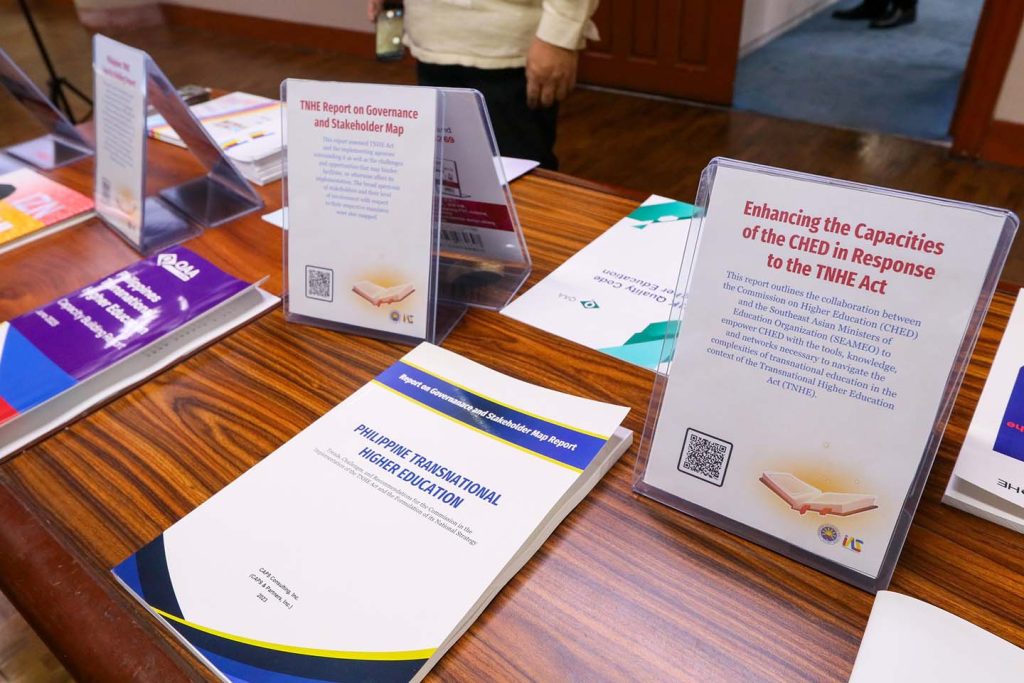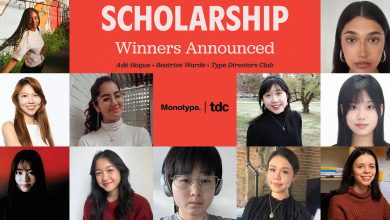MANILA, PHILIPPINES — The British Council has partnered with the Commission on Higher Education (CHED) and Philippine and UK universities to develop transnational education (TNE) programs that leverage faculty expertise and institutional knowledge in the country. Three Filipino educators — Jerome Amoranto of Bicol University (BU), Pam Eleazar of the University of the Philippines-Los Baños (UPLB), and Brian Chiu of University of Santo Tomas (UST) — are leveraging TNE to bring world-class postgraduate education to Philippine shores in their respective industries.
TNE seeks to enhance the quality of higher education in the Philippines by establishing transnational ties with universities around the world. Through TNE, the British Council connects Philippine- and UK-based universities to provide Filipinos a chance to secure a local postgraduate credential and an international qualification — all without needing to study full-time in the UK. TNE also has its imprint on nation-building as the programs align with the goals of the Transnational Higher Education Law, enacted by Philippine lawmakers in 2019.

Bicol academic makes strides in rice productivity research
Jerome, who completed the dual degree of MSc Sustainable Food Systems from the University of Liverpool and MS Advanced Biological Sciences from BU, used his education to tackle the issue of rice security. Undertaking a TNE program, Jerome and his peers conducted a study on the fertility of rice paddies in an attempt to boost productivity. Their efforts have bore fruit.
“This model not only deepened understanding of nitrogen dynamics in paddy soils but also set the stage for further research, potentially leading to enhanced agricultural practices and greater food production efficiency,” he said. “The outcomes of this project are poised to influence future studies and methodologies in ecosystem management and agricultural planning.”
“The multidisciplinary and global nature of the TNE program exposed me to diverse approaches, encouraging me to think beyond traditional frameworks,” he explained after being asked about their achievement.
Thomasian seeks transformation of urban spaces
Brian, an architect, delved into the urban parks of Metro Manila as he sought to find out how a population engages with its urban ecosystems. This was part of earning his dual PhD in Built Environment/Architecture from UK’s University of Reading (UoR) and UST. “My methodology could help decision makers managing urban ecosystems to know what values, benefits, and services are associated with people’s engagement in an environmental setting,” Brian said. “This could help them identify the priority services or benefits in their future decision-making.”
He attributes this breakthrough to his TNE endeavor. “International peers offer different insights and understanding that could widen our horizon,” the UST academician said.
UPLB educator takes on agricultural issues
Pam, assistant professor at UPLB’s College of Development Communication, is currently pursuing a dual PhD in International and Rural Development at UoR and Research in Development Communication at UPLB through the TNE.
“Since the Philippines has been experiencing outmigration in several industries, including the agriculture sector, it is essential to conduct studies that focus on the social aspect as much as the technical aspect of things,” she said. “I believe that understanding the plight and how to address these problems, in the long run, would benefit not only the farmers but also the policymakers.”
Jerome, Brian, and Pam unlocked a new opportunity to upgrade their proficiencies as TNE fills in skills they otherwise wouldn’t have. Through TNE, the Philippines gets to produce internationally-trained local experts who contribute to national development. This is evident by their research works that address issues in agriculture and architecture.

Amid their strides, the trio are also focused on becoming better teachers. “I aim to cultivate a learning environment that encourages creative thinking and innovation, preparing students to become future leaders in food technology,” said Jerome.
Brian said his higher-level thinking process has been nurtured by TNE. “This is important, especially as an academician, to guide your students in their thinking process. Help them elevate their thinking into something that could greatly enhance the criticality and understanding of their work.”
The British Council is continuously at work to open more TNE opportunities, partnering with various educational institutions and government, like the Second Congressional Commission on Education (EDCOM II), to cultivate a fruitful exchange of knowledge and ideas between the Philippines and the UK.








